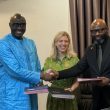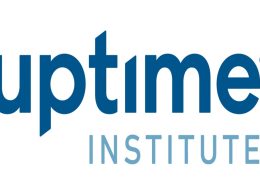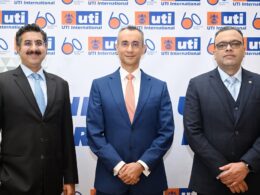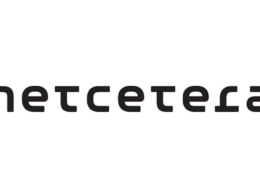RIYADH, Saudi Arabia & NEW YORK — Hevolution Foundation and the American Federation for Aging Research (AFAR) are pleased to announce the inaugural Hevolution/AFAR New Investigator Awards in Aging Biology and Geroscience Researchrecipients. Eighteen three-year awards of $375,000 each, for a total of $6.75 Million, have been granted to support research projects in the basic biology of aging or geroscience, a research paradigm based on addressing the biology of aging and age-related disease to promote healthy aging.
The awards support talented early career investigators. The recipients:
- Samuel Beck, PhD, Associate Professor, Boston University School of Medicine: Big data-guided anti-aging drug discovery and its validation
- Charlotte Cecil, PhD, Associate Professor, Erasmus University Medical Center: What makes clocks tick? Mapping determinants of epigenetic age acceleration in early life
- Marco Demaria, PhD, Associate Professor, European Research Institute for the Biology of Ageing (ERIBA): Targeting altered Ca2+ signaling in cellular senescence to extend healthy longevity
- Zhixun Dou, PhD, Assistant Professor, Massachusetts General Hospital: Loss of nuclear proteostasis in senescence and aging
- Peter Douglas, PhD, Assistant Professor, University of Texas Southwestern Medical Center: Intracellular lipid surveillance and nuclear hormone receptor dynamics in age determination
- Nir Eynon, PhD, Group Leader, Monash University *as of 05.01.2023: Uncovering sex-specific epigenetic ageing molecules in response to exercise
- Aditi Gurkar, PhD, Assistant Professor of Medicine, University of Pittsburgh: A Nanoscale Detection Tool for Senescence
- Diana Jurk, PhD, Associate Professor, Mayo Clinic: Investigating liver-to-brain transmission of cellular senescence during aging
- Adam Konopka, PhD, Assistant Professor, University of Wisconsin-Madison: Interaction of Rapamycin and Exercise on Healthspan
- Sailendra Nichenametla, PhD, Associate Scientist, Orentreich Foundation for the Advancement of Science: Investigating the role of serinogenesis in regulating lipid metabolism
- Miranda Orr, PhD, Assistant Professor, Wake Forest University School of Medicine: Spatial proteogenomic profiling to determine the impact of senescent neurons on the aging brain
- Daniel Roh, PhD, Assistant Professor of Surgery, Boston University School of Medicine: Targeting Wound Senescence to Improve Wound Healing in Aging
- Markus Schosserer, PhD, Junior PI, Medical University of Vienna: Targeting the epitranscriptome to promote healthy lifespan
- Kosaku Shinoda, PhD, Assistant Professor, Albert Einstein College of Medicine: Proper Control of Inflammatory Cell Death during Aging of Brown Adipose Tissue (BAT)
- Marlene Starr, PhD, Associate Professor, University of Kentucky: The Role of Adipose Tissue-Resident T-Cells in Age-Associated Inflammation and Metabolic Dysfunction
- Stefano Tarantini, PhD, Assistant Professor, University of Oklahoma Health Sciences Center: Intravital characterization of mitochondrial dysfunction in the aged brain endothelium
- Lindsay Wu, PhD, Senior Research Fellow, University of New South Wales: Overcoming ovarian failure to extend women’s health and lifespan
- Ming Xu, PhD, Assistant Professor, UConn Health: The synergistic benefits of metformin and senolytics on lifespan and healthspan
Recipients of the New Investigator Awards were selected through a rigorous, peer-review process. Applications were reviewed by established aging researchers who volunteer their time and expertise to select scientists and research projects that have the greatest likelihood of making significant contributions to help us stay healthier longer as we grow older.
“Some of the biggest breakthroughs in aging research today were funded first through AFAR’s grants for promising early career researchers. The Hevolution/AFAR New Investigator Awards in Aging Biology and Geroscience Research will significantly boost support for junior faculty worldwide,” noted Stephanie Lederman, EdM, Executive Director, AFAR. “The promising therapeutics on the horizon that will extend health and vitality as we grow older are rooted in the research into the basic biology of aging and age-related disease supported by this grant.”









